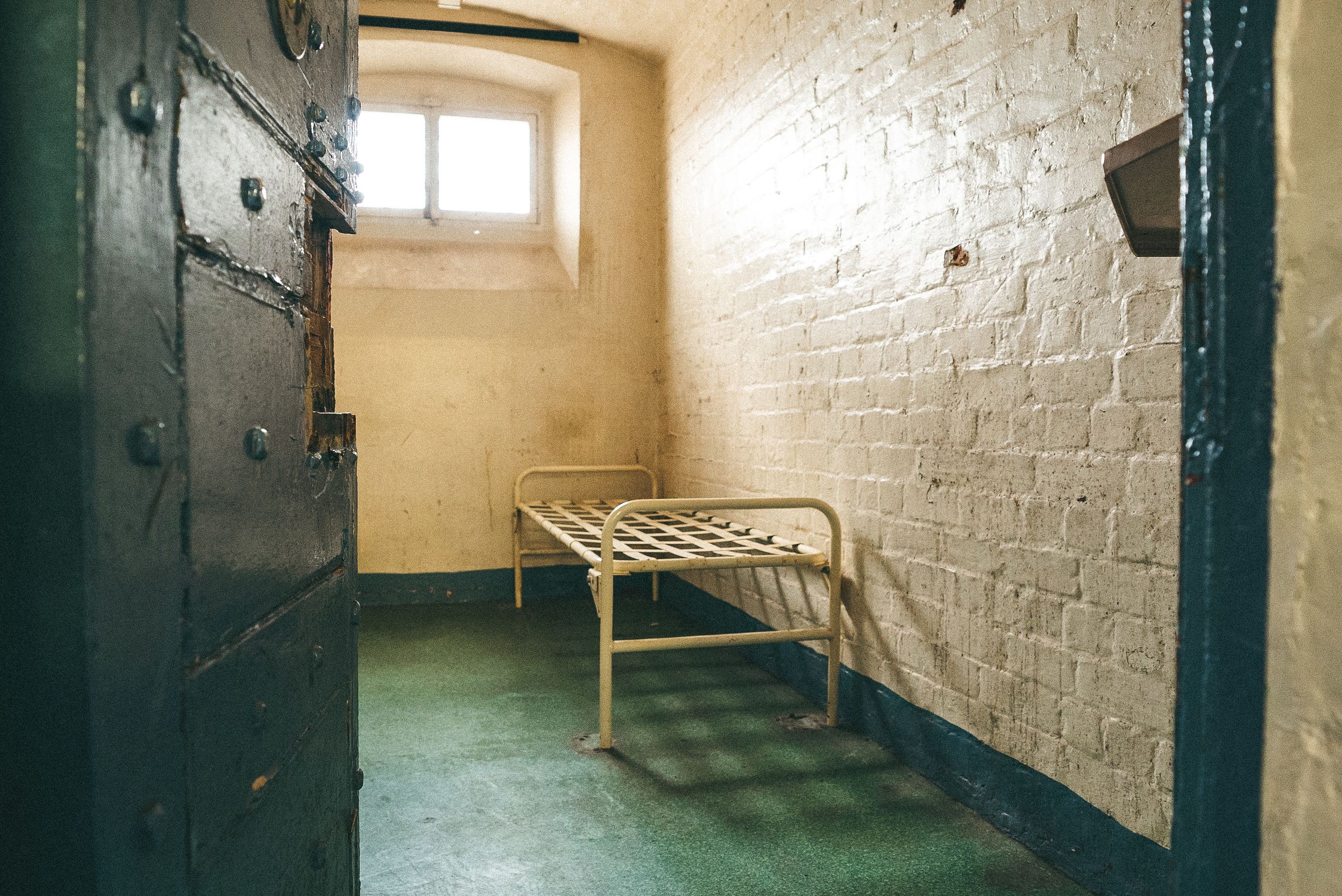Imprisonment for Public Protection (IPP) sentences are irredeemably flawed
The Government should re-sentence all prisoners subject to IPP

Imprisonment for Public Protection (IPP) sentences were introduced in 2005. These sentences were intended for serious offenders deemed to pose an ongoing risk to public safety, but who did not merit a life sentence.
Even though IPP sentences were abolished in 2012, almost 3,000 prisoners in England and Wales remain incarcerated under them. In 608 cases, individuals have been imprisoned for a decade beyond the tariff for their original sentence, including 188 who were originally imprisoned for two years or less.
Lord Blunkett, former Home Secretary (2001-2004), giving evidence to the Justice Committee on 7 December 2021
Lord Blunkett, former Home Secretary (2001-2004), giving evidence to the Justice Committee on 7 December 2021
Our report found that the regime for managing IPP prisoners is inadequate for supporting their specific needs. We call for swift action to improve the quality of support.
"IPP sentences were abolished a decade ago but little has been done to deal with the long-term consequences on those subject to them. They are currently being failed in a prison system that has left them behind, with inadequate support for the specific challenges caused by the very way they have been convicted and sentenced."
The challenges IPP prisoners face

In practice, anyone convicted of any one of 96 serious violent or sexual offences who had also a previous conviction from one of a list of 153 specified offences was liable to an IPP sentence, meaning that they could be imprisoned indefinitely beyond their minimum jail tariff. These prisoners are subject to difficult challenges, including:
- The psychological impact of an indefinite sentence
- Feelings of hopelessness and despair
- Higher levels of self-harm and suicide
Prisoners also feel distrust towards the people and services necessary to support rehabilitation and secure their release.
Inadequate support for IPP prisoners

The Government’s current IPP Action Plan for dealing with the unique challenges faced by prisoners lacks impact, clear strategic priorities and ownership. A new action plan is required to:
- Provide greater detail on how IPP prisoners are to be managed and supported
- Set out timeframes for delivery
- Set out performance measures to ensure standards are met
Current efforts to change attitudes and behaviours that can lead to reoffending are also poor, and there are concerns about a lack of transparency over how these programmes are evaluated.
Miss Shirley Debono, Campaigner, UNGRIPP, giving evidence to the Justice Committee on 23 November 2021
Miss Shirley Debono, Campaigner, UNGRIPP, giving evidence to the Justice Committee on 23 November 2021
Given the central role successful completion of these programmes plays in the Prison Service and Parole Board assessment of prisoner risk level, the Ministry of Justice should work with the Prison Service to:
- Ensure that there are sufficient places on courses to ensure access for all who need them
- Publish what work has been done to assess the suitability of current rehabilitation pathways
- Set out how they plan to improve delivery where inadequate outcomes have been found
Release and recall

There are concerns that resource issues in the Probation Service and the Parole Board are leading to:
- Frequent delays to the parole process IPP prisoners
- High staff turnover
- Inadequate training for board members
There is also a lack of clarity and uncertainty around the next steps following a negative parole decision. The Parole Board must therefore ensure that:
- Those serving IPP sentences are prioritised
- Only fully trained and experienced board members are involved in their cases.
At present, once an IPP prisoner is released they will be subject to licence conditions and risk returning to prison if any of these conditions are breached. The licence term for IPP prisoners is in place for life but can be terminated at 10 years.
This can act as a barrier to rehabilitation and be detrimental to mental health. The length of the licence period may also be disproportionate to the offence for which they were convicted.
We welcome the introduction of an automatic referral for the licence period to be terminated but additionally call for the qualifying licence period to be halved from 10 years to 5 years.
Resentencing IPP prisoners

These sentences are irredeemably flawed, and we call on the Government to bring forward primary legislation that deals retrospectively with the continued operation of the sentence and initiates a resentencing exercise for all individuals currently subject to them, both in prison and released on licence (except for those who have successfully had their licence terminated).
To deal with this difficult and complex exercise, we recommend that a time-limited small expert committee be established, in conjunction with the senior judiciary, to advise on the practical implementation of the resentencing exercise.
Lord Thomas of Cwmgiedd, former Lord Chief Justice of England and Wales (2013-2017), giving evidence to the Justice Committee on 7 December 2021
Lord Thomas of Cwmgiedd, former Lord Chief Justice of England and Wales (2013-2017), giving evidence to the Justice Committee on 7 December 2021
The approach taken by Government and Parliament to IPP sentences should be guided by three key principles:
- It must balance ensuring the protection of the public from the risk of further serious offences being committed against ensuring justice for the individual offender.
- The independence of the judiciary must be maintained during the resentencing process.
- Any resentencing exercise must be constrained by the general principle that a person should not be subjected to a heavier penalty than that which applied when they committed the offence.

We have made these recommendations to the Government
Our report, IPP sentences, was published on 28 September 2022.
Detailed information from our inquiry can be found on our Committee website.
If you’re interested in our work, you can find out more on the House of Commons Justice Committee website. You can also follow our work on Twitter.
The Justice Committee examines is a cross-party committee of MPs responsible for scrutinising the work of the Ministry of Justice (and associated public bodies). This includes courts, legal aid, prisons, probation and the rule of law. It also advises on sentencing guidelines. It cannot consider individual cases. It is chaired by Sir Bob Neill MP.
Title image source: Gabriel Sainhas via UK Parliament
